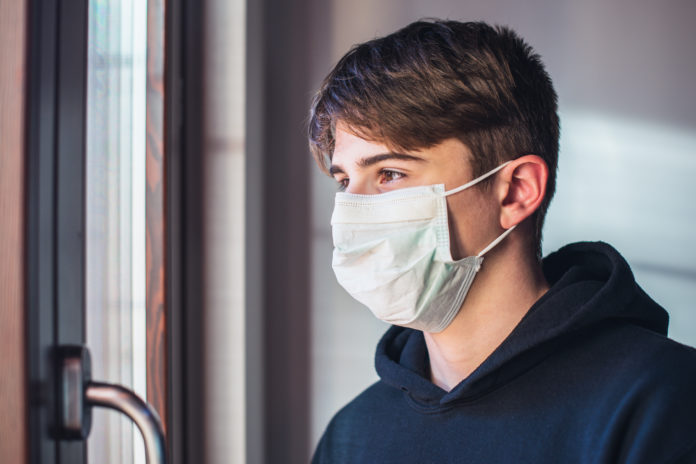
Canada immigration news: International students landing in Canada will still need to have 14-day quarantine plans, but will no longer need to stay three nights in a government-designated ‘quarantine hotel’ after Aug. 9.
“The Government of Canada recognizes the tremendous social, cultural and economic benefits that international students bring to Canada and acknowledges that there are benefits for students who choose to study in Canada beyond earning a degree or diploma,” noted Immigration, Refugees and Citizenship Canada (IRCC) in a statement released Monday.
“That is why, throughout the pandemic, IRCC has striven to accommodate international students by introducing a variety of temporary policy changes, including measures put in place to benefit international students studying online from abroad.”
More Canada Immigration News
International Students From Twice As Many Countries Can Apply For Canada’s Student Direct Stream
Fast Uptick in Canada Population Fuelled By International Students and Immigration
COVID-19: Quarantine Requirement To End For Fully Vaccinated International Students
When Ottawa announced on Monday the re-opening of its border in three weeks’ time, it also announced the removal of several of the public health restrictions.
But they don’t take effect immediately, only on Aug. 9.
Until then, unvaccinated travellers flying to Canada must complete their three-night hotel stay while they wait for their on-arrival COVID-19 results.
Unvaccinated Travellers Still Need COVID-19 Test On Arrival After Aug. 9
Even after the new rules come into effect on Aug. 9, unvaccinated travellers will still be subject to Canada’s mandatory on-arrival COVID-19 test requirement and follow-up test eight days later.
In the flurry of activity and rule changes, Ottawa wants to ensure international students do not forget that they will still have to present a 14-day quarantine plan upon arrival. Information about the quarantine plan must be submitted in ArriveCAN prior to travel to Canada.
Ottawa will be implementing a randomized testing regime for fully-vaccinated travellers who qualify for entry to Canada at select airports and land border crossings across Canada.
“An international student must have a 14-day quarantine plan in case it is determined at the border that they do not meet all of the conditions required to be exempt from quarantine,” the IRCC stated Monday. “This is still the case even if they believe they meet the criteria for being considered a fully vaccinated traveller.”
Under the Canadian government’s guidelines “fully-vaccinated” means the traveller has received the full series of a COVID-19 vaccine – or combination of vaccines – accepted by the Government of Canada, at least 14 days prior to entering Canada. Currently, those vaccines are manufactured by Pfizer-BioNTech, Moderna, AstraZeneca/COVISHIELD, and Janssen (Johnson & Johnson).
Travellers must also provide proof of vaccination in English or French or a certified translation of their document.
Ottawa, which has suspended flights from India until Aug. 21, is also advising students to check if restrictions are in place for their country which might affect their ability to travel.
Vaccinated International Students To Benefit From Relaxed Protocols
Fully-vaccinated international students were among the first to be able to come to Canada without having to stay in quarantine for two weeks once they tested negative for COVID-19.
Under measures that took effect July 5, the first tentative steps to re-opening Canada allowed some fully vaccinated travellers entering Canada to bypass the federal requirement to quarantine or take a COVID-19 test on the eighth day. Those fully-vaccinated travellers arriving by air also no longer needed to stay at government-authorized hotels.
The relaxation of travel curbs in early July covered citizens and permanent residents, plus those covered by existing exemptions, provided they had a negative test.
“This is the first phase of our precautionary approach to easing Canada’s border measures. At this time we are not opening up our borders any further,” said Intergovernmental Affairs Minister Dominic LeBlanc earlier this month.
“The Government of Canada continues to work globally through the World Health Organization (WHO) as well as closely with the provinces, territories, indigenous partners and American authorities on moving forward toward re-opening in a way that is safe for both countries.”

